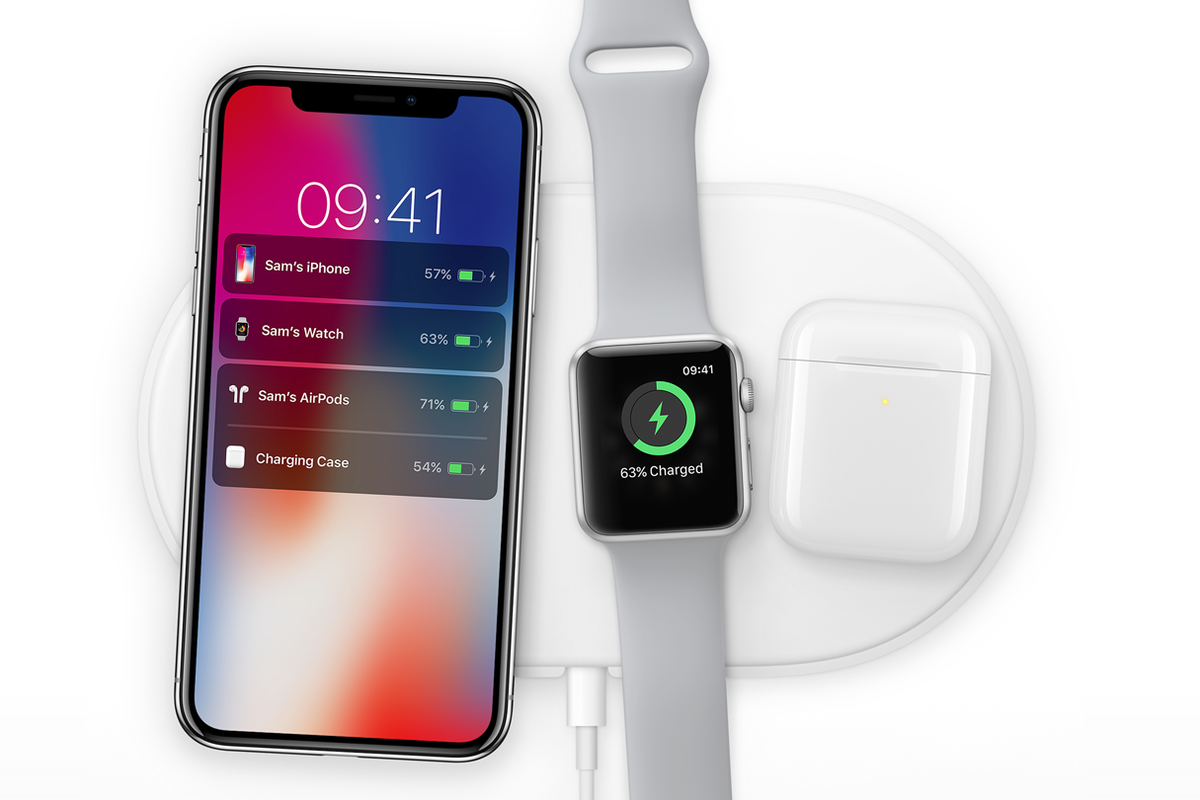
Apple
This is how asphalt could make your smartphone charge 20 times faster
Rice University chemists discovery way to make lithium batteries charge more quickly

Rice University chemists discovery way to make lithium batteries charge more quickly
Smartphones and electric cars could one day fully charge from empty in just five minutes, according to a team of chemists who say asphalt is the secret to super-fast battery charging.
Researchers at Rice University in Houston, Texas found adding porous carbon made from asphalt to battery anodes, made for "exceptional" stability after more than 500 charge-discharge cycles. But more than that, the speed at which they recharged was unlike anything available to the public.
Rice lab chemist James Tour says: "The capacity of these batteries is enormous, but what is equally remarkable is that we can bring them from zero charge to full charge in five minutes, rather than the typical two hours or more needed with other batteries."
Battery stamina has reached something of a plateau in the smartphone and consumer technology industry, with most phones lasting just short of 24 hours. Manufacturers are now turning their attention to rapid charging.

New handsets like the Samsung Note 8 and iPhone X support fast charging (although the latter does not include a high-speed charger in the box). The message to consumers is one of a convenient compromise; while your phone won't last a full day, charging it back up is quicker than ever.
The asphalt-based technology developed by Rice University could take this further, cutting recharge times even more, while maintaining battery life after hundreds of charge cycles.
The batteries may also be safer and less likely to fail, catch fire or explode compared to today's technology. A statement from Rice University explains: "The carbon mitigated the formation of lithium dendrites. These mossy deposits invade a battery's electrolyte. If they extend far enough, they short-circuit the anode and cathode and can cause the battery to fail, catch fire or explode. But the asphalt-derived carbon prevents any dendrite formation."
Tour adds that, while the capacity of the battery is no greater than what is already possible, the asphalt technology makes batteries "much simpler and cheaper to make…[and] manufacturing is greatly simplified."
GearBrain Compatibility Find Engine
A pioneering recommendation platform where you can research,
discover, buy, and learn how to connect and optimize smart devices.
Join our community! Ask and answer questions about smart devices and save yours in My Gear.
